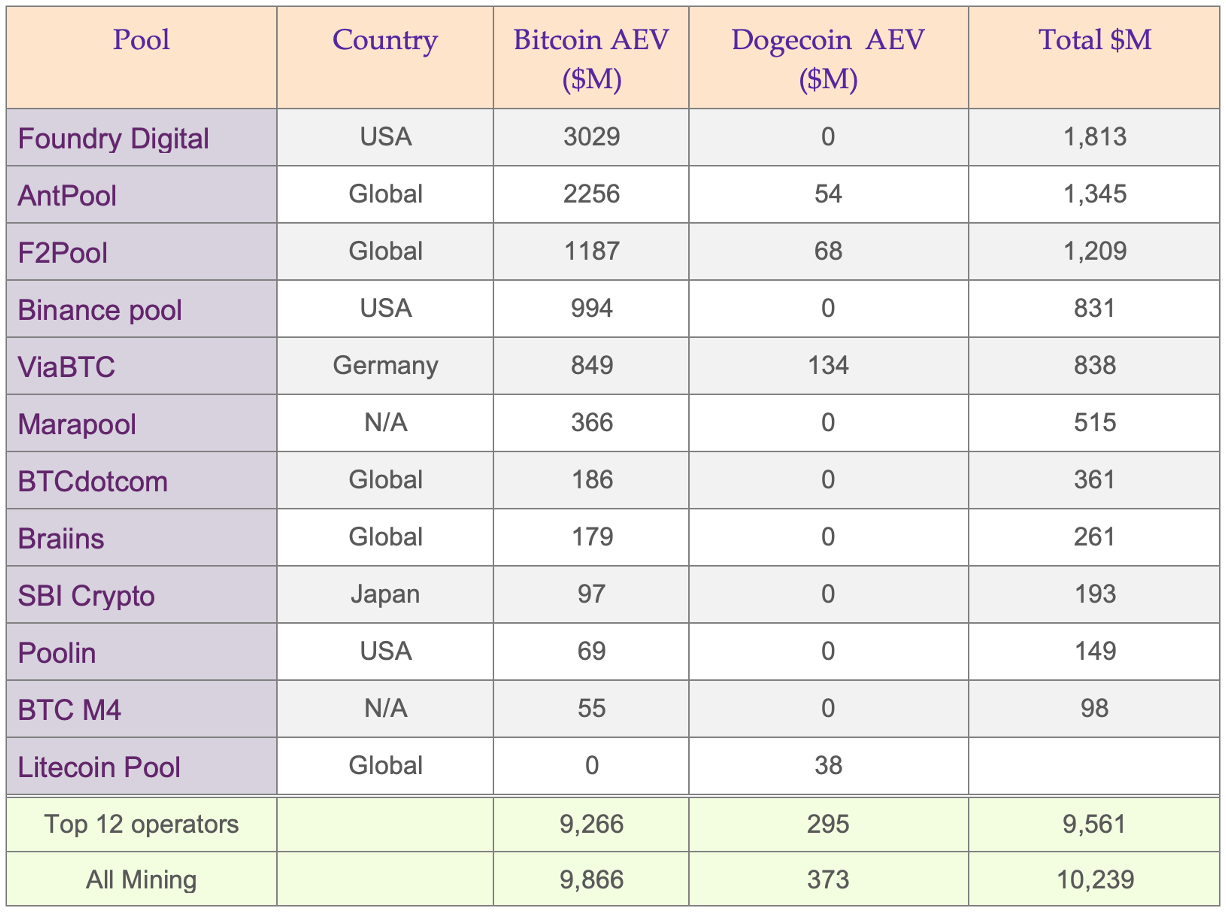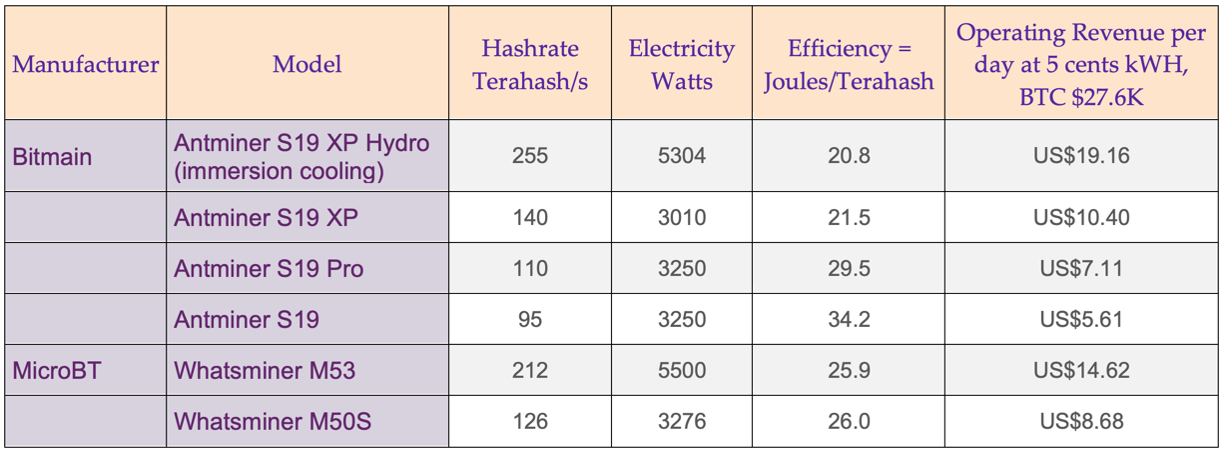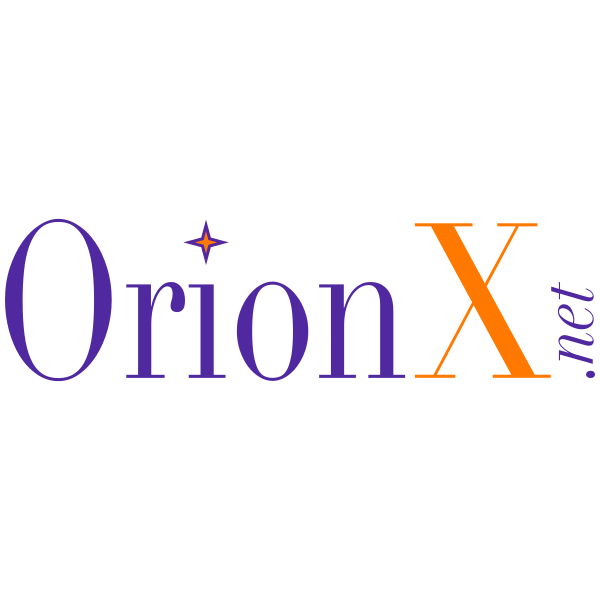Financial News
Bitcoin Mining Capacity Reaches 350 Exahashes/second
The Tenth Edition of the CryptoSuper500 Report Shows Growing Dominance of Bitcoin
MENLO PARK, Calif. - May 26, 2023 - PRLog -- OrionX Research today released the tenth edition of its CryptoSuper500 list. The list recognizes cryptocurrency mining as a form of supercomputing application, tracks the top mining pools, and offers a snapshot of the cryptocurrency industry. CryptoSuper500 was developed by Dr. Stephen Perrenod, OrionX Partner and noted crypto analyst who has also created a top-ranking Bitcoin evaluation model and elucidated the concept of the "blockchain calendar".
Cryptocurrency mining is a $10 billion annual revenue industry that primarily produces Bitcoin. It is an extremely secure yet decentralized blockchain for storing high value data and a highly secure token that rises in value on longer time frames and can be reused quickly and repeatedly on a global basis. With over 60% increase in price since the start of 2023, Bitcoin has received new attention as well as higher transaction fees.
"We began CryptoSuper reports four and a half years ago to share our perspective on the state of the industry and to understand the intersection of cryptocurrencies and supercomputing," said Dr. Stephen Perrenod, OrionX Partner and Analyst. "What we have observed is the increasing dominance of Bitcoin both in terms of computing power and its market capitalization."
When the ninth CryptoSuper500 list was released in November 2022, Bitcoin was responsible for 90% of the annual economic value of crypto mining production. That dominance has continued to grow so much that only two coins make the cut for the tenth list: Bitcoin and Dogecoin. While there are some 24,000 cryptocurrencies in existence, Bitcoin remains in a category by itself, representing 47% of all the total market capitalization. In other words, Bitcoin is worth nearly as much as all the other such coins combined,
The security of Bitcoin is indicated by its mining capacity, which currently generates 350 Exahashes/second, using custom ASIC-based computational power. "We anticipate that the Bitcoin global hashing rate will reach a Zettahash/sec (up from 0.35 Zhashes/sec today) by 2026 or 2027, despite the block reward subsidy halving that will occur in 2024," said Perrenod. The latest mining rigs use 5 nm ASICs and models that support immersion cooling are becoming popular.
North America now boasts close to half of all Bitcoin's mining power, a shift that took place after China banned crypto mining in 2021. The rise of mining in the United States and Canada has been driven by venture funded and publicly traded mining companies, now responsible for 18% of all Bitcoin mining and with a collective market cap well over $7 billion. OrionX estimates some 5 million reasonably powerful Bitcoin mining rigs are currently active.
Bitcoin has also become a natural currency for cybersecurity. The ultimate bit power asset, it can be viewed as a mechanism that converts electrons moving across voltage drops into highly secure bits that are cryptographically stamped into, and linked in, an exponentially hardened chain. Each block added at the end of the chain increases the security of all prior blocks of transactions. This makes the blockchain a highly secure data repository. "Major Jason Lowery of the US Space Force has argued in his MIT thesis titled Softwar that Bitcoin is secure 'bit power' and could be critical for cyber war utilization and for computer security more broadly. We agree," said Perrenod.
Bitcoin mining's appetite for electricity is directly related to its decentralized security and ability to create re-usable value. The common belief that low usage of computer power for a cryptocurrency is a desirable feature is only true for use cases that do not demand a similar level of security. The Bitcoin Mining Council has estimated that Bitcoin contributes just 1/900 of global CO2 emissions, and that the electricity sources are more than 50% green inputs.
Cryptocurrency technologies include blockchains, consensus algorithms, utility and security tokens and the technologies and applications that support them. These include digital wallets, crypto exchanges, non-fungible tokens (NFT), and decentralized finance applications (DeFi). The new "ordinals" capability enables the attachment of any type of document onto the Bitcoin blockchain. This has fueled interest in new uses of the chain with a resulting increase in transaction fees to miners to a run rate of around $1 billion per year. This is over and above the $9 billion block reward, the estimated value of new coinage that they mint.
OrionX views cryptocurrency mining using proof-of-work consensus algorithms as a specialized domain of decentralized high performance computing (HPC). The computational intensity of these algorithms is in practice proof-of-supercomputing, very high levels of computational power to support the security of a cryptocurrency.
The full list with additional explanation is available at OrionX.net/research.
About OrionX
OrionX is a Silicon Valley consulting firm offering Technology Research, Market Execution, and Customer Engagement services to high tech companies. More than 70 financial institutions and technology leaders in virtually every technology segment have trusted OrionX to provide advice, help set new break-away strategies, ignite brands, and grow market share. Visit us at OrionX.net.
* Note: This effort is an analysis of the technologies and trends surrounding blockchain and cryptocurrencies. It is not, and must not be considered as, financial, investment, or legal advice.
Photos: (Click photo to enlarge)





Read Full Story - Bitcoin Mining Capacity Reaches 350 Exahashes/second | More news from this source
Press release distribution by PRLog

Quotes delayed at least 20 minutes.
By accessing this page, you agree to the following
Privacy Policy and Terms and Conditions.



